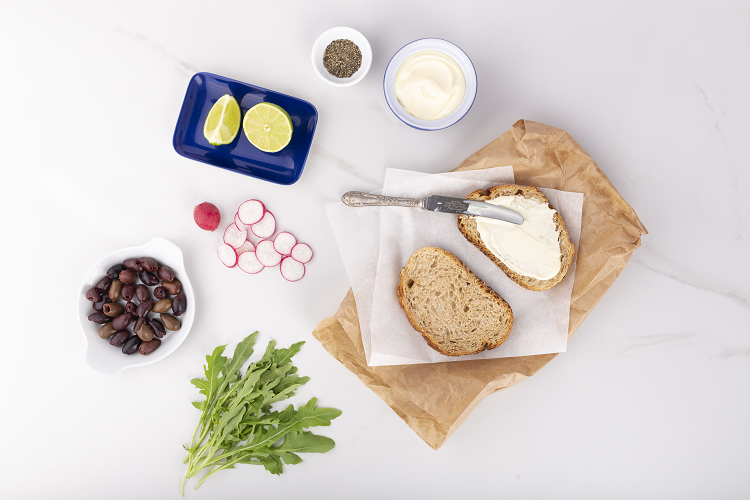ZERO EGG.
- mamorosi2
- Mar 31, 2022
- 1 min read
Updated: Apr 21, 2022
Overview
Zero Egg. developed a nutritious plant-based egg substitute with multiple applications. Their consistent and shelf-stable alternative, made from a unique blend of healthy plant proteins, offers the same look, taste, and texture as ordinary eggs. It is also highly nutritional, vegan, gluten free, non-GMO and with zero cholesterol.
Pilot Objectives
✔ Quality and product application tests of Zero Egg ingredients.
✔ Market study on new product applications.
✔ Definition of the collaborative model to scale-up.
_edited.jpg)








HB88 được xây dựng nhằm mang lại không gian giải trí trực tuyến thuận tiện và dễ tiếp cận. Nhờ hỗ trợ đa nền tảng, người chơi hb88 có thể tham gia mọi lúc, mọi nơi. Các trò chơi được bố trí khoa học giúp thao tác nhanh chóng. Nhiều nguồn thông tin liên quan đến nền tảng này hiện có trên hb88a jp net.
vaobet là điểm đến lý tưởng cho anh em yêu thể thao và cược thủ, cung cấp dữ liệu trận đấu chính xác, giao diện gọn gàng, thao tác tiện lợi. Các ưu đãi hấp dẫn từ vaobet jp net mang đến trải nghiệm cá cược mượt mà và chiến thắng dễ dàng.
Pin Up can be praised for its conceptual consistency — the entire visual and functional part of the platform adheres to a single idea, creating a sense of architectural unity. The characteristic style reminiscent of retro posters looks not just bright but original, almost courtly, making the brand stand out among generic digital platforms. It is also notable that the project pinup kz demonstrates a commitment to stability: pages load quickly, and the interface remains flawlessly readable and logical even under heavy user activity.
thabet nhanh chóng trở thành xu hướng giải trí online năm 2025 nhờ cách tối ưu giao diện vừa hiện đại vừa dễ dùng. Các tựa game như nổ hũ, đá gà và casino tại thabet luôn được vận hành bởi công nghệ mới giúp hình ảnh sắc nét và tốc độ cực ổn định. Nhờ áp dụng chuẩn bảo mật SSL cùng nhiều chứng nhận quốc tế, thabett jp net tiếp tục khẳng định vị thế uy tín của mình trong cộng đồng cược thủ.
RIKVIP là lựa chọn của nhiều bet thủ vì mang lại trải nghiệm chơi game chân thật, hiệu ứng đẹp và tốc độ truy cập nhanh. Những lúc rảnh rỗi hay cần thư giãn nhanh, bạn chỉ cần truy cập rikvip để tận hưởng các trò chơi hấp dẫn. Bên cạnh đó, các ưu đãi tặng thưởng từ hệ thống rikvip mx luôn là điểm cộng lớn, giúp người chơi có thêm động lực tham gia mỗi ngày.